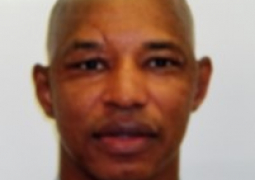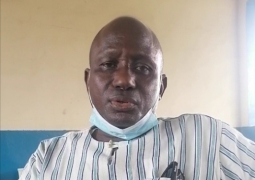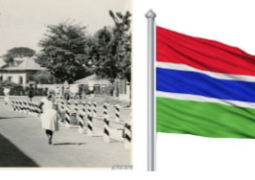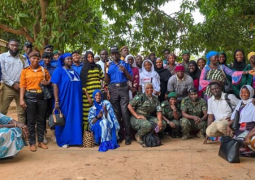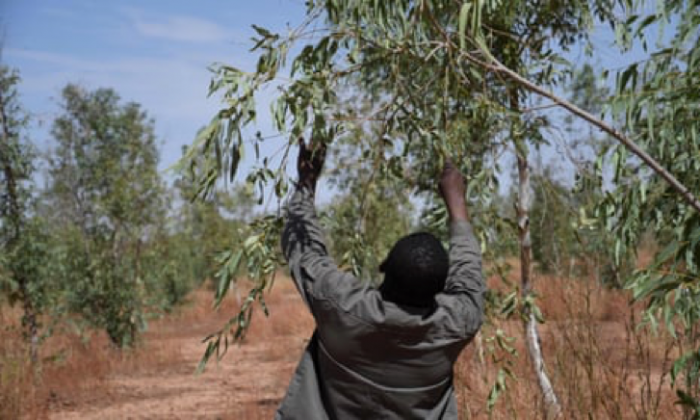
Emmanuel Macron is the president of France; Macky Sall is the president of Senegal and chair of the African Union; Mark Rutte is the prime minister of the Netherlands
Africa is the continent most vulnerable to the climate crisis, but with the right support at Cop27 it can build a stronger, greener future
This year, we have witnessed devastating hurricanes, typhoons and floods. The US and Australia burned. Europe sweltered under a prolonged heatwave. Drought and flooding in east Africa has left many facing food shortages. One-third of Pakistan was underwater after torrential monsoon rains, and half a million people there are homeless.
Though no corner of the globe is safe, Africa is more vulnerable than any other continent to this planetary crisis. There, it’s as if all the negative effects of global warming are amplified: Africa loses up to 15% of GDP growth a year to the destructive forces of climate change; extreme and erratic weather threatens human life, food, water security and the very foundations of economic development; and living off the land is increasingly untenable for a quarter of a billion people on the continent.
The UN warns the world is on trend to be 1.5C warmer within the next two decades than in pre-industrial times. For Africa, climate change is an irreversible reality. It’s too late to turn back the clock. But we have a very narrow window to put coping mechanisms in place. That is why we have two priorities for the coming UN Cop27 climate summit in Egypt: keep the 1.5C warming target within reach, so as to avoid even worse impacts of climate change, and to radically accelerate climate adaptation action in Africa and in all vulnerable developing countries across the globe.
Climate adaptation is also a growth agenda. It’s about harnessing nature to restore degraded ecosystems; introducing drought-resistant crops, accessible digital services for small holder farmers and weather-proofing infrastructure; and creating new green jobs for young people. In short, if climate-change mitigation is the only way to keep our planet livable, climate adaptation is an opportunity to forge a new climate-resilient development path for Africa – a path that is smarter, more effective, more efficient and more productive.
Africa has everything necessary to succeed. It has the youngest population of any continent, it has conquered innumerable challenges (including most recently Covid 19) and its nations are determined to transform the climate crisis into an opportunity.
Africa needs all hands on deck though, including support from the rest of the world to undertake this adaptation agenda. At Cop26 in Glasgow last year, developed countries agreed to double funding for adaptation to at least $40bn a year by 2025. International financial flows from developed countries are necessary to support developing countries, as part of the much-needed mobilisation of all sources of funding, international and domestic, public and private, for climate action. It has been estimated that Africa alone needs $52bn a year, and the increase of financial support from developed countries, through mechanisms such as the formation of Senegal’s Just Energy Transition Partnership with the G7 member countries, must contribute to enhancing the mobilisation of all other funding sources.
France and the Netherlands are among the leading countries in supporting adaptation in developing countries, and in Africa in particular. France is committed to providing €6bn (£5bn) a year for climate action in developing countries until 2025, a third of which is for adaptation. The Netherlands recently committed itself to increasing its annual climate finance to at least €1.8bn in 2025 and to doubling its public finance for climate adaptation. On top of that, it will continue to allocate more than half of its public climate finance to adaptation with a focus on Africa, and will co-host the UN 2023 Water Conference to drive this agenda forward.
It is urgent that all countries make good on climate finance pledges and get funds flowing to projects on the ground, such as the Great Green Wall initiative, which is fighting desertification by regenerating millions of hectares of degraded land, increasing food security, nutrition and farm productivity, and supporting rural jobs in 11 countries across the Sahel. The initiative has revived almost-forgotten traditional land management techniques and is proof that Africa has solutions to the climate crisis – in Senegal alone, more than 11m trees have been planted.
Building on this initiative, the Africa Adaptation Acceleration Program (AAAP) is a continent-wide, Africa-led and Africa-owned project to prioritise and scale up adaptation in agriculture, digital services, infrastructure, entrepreneurship and jobs for young people. The African Development Bank has already put up half of the $25bn (£22bn) it needs for climate adaptation until 2025, and it’s already showing results. The “African” Cop27 is an opportunity for all countries in a position to do so to step up to ensure full capitalisation of AAAP through the African Development Fund climate action window and the $250m AAAP Upstream Financing Facility. With support of the Global Center on Adaptation, AAAP has already guided more than $3.5bn of upstream investments in 19 countries, with every dollar spent influencing $100 downstream.
Adaptation is also about investing massively in the agricultural revolution that is needed in the context of climate change. In this spirit, the International Food and Agriculture Resilience Mission (Farm) launched by France together with its European and international partners is already providing for a comprehensive investment package to increase the robustness of African agricultural value chains. We call on all partners to increase their support to this critical initiative.
Cop27 is a vital opportunity for the world to support Africa in facing the impact of climate change and building pathways to resilience. It is also a chance to reset and renew the partnership between the world’s youngest and most hopeful continent and the global north. But for that to happen, the conference must generate a breakthrough on finance for climate adaptation and move from words to deeds.
Africa is not waiting passively for this to happen. With the full support of European countries such as France and the Netherlands, it is taking action, but it needs all funders – donors, private financiers and philanthropists – to get behind this agenda. If Africa wins, a stronger, greener, more prosperous, sustainable and resilient continent will be everyone’s gain.


